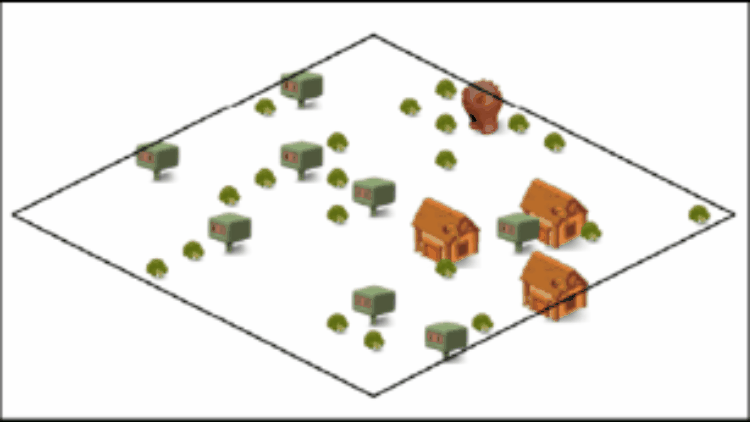UP.01.AR_7
This project explores the intersection of artificial intelligence, behavioral modeling, and evolutionary dynamics using genetic algorithms and machine learning. The goal is to simulate and analyze the emergence of psycho-social tendencies in a population of autonomous agents, each with unique genetic traits influencing their behavior, decision-making, and survival strategies.
Agents exist within a grid-based world where they must find food, avoid predators, seek shelter, and interact with each other. Each agent has a genetic profile with parameters such as:






- Aggressiveness (competition vs. cooperation)
- Sociability (group affinity and alliance-forming)
- Risk Aversion (caution vs. opportunism)






The next steps include implementing reinforcement learning to allow agents to adapt their strategies dynamically instead of relying solely on genetic inheritance. The agents will learn from experience, optimizing their behavior to increase survival chances. Additionally, we aim to integrate an evolutionary optimization system that fine-tunes genetic parameters to simulate real-world adaptation.
This project serves as a foundation for exploring AI-driven simulations of social dynamics, evolutionary psychology, and emergent intelligence. The ultimate goal is to observe how different psycho-social tendencies influence survival, cooperation, and competition in an evolving environment.
Over time, agents reproduce sexually, passing on and mutating their genetic traits. The simulation applies genetic algorithms to evolve the population, favoring traits that improve survival. To prevent overpopulation, natural selection plays a role—weak or starving agents perish, while successful ones thrive and reproduce.
